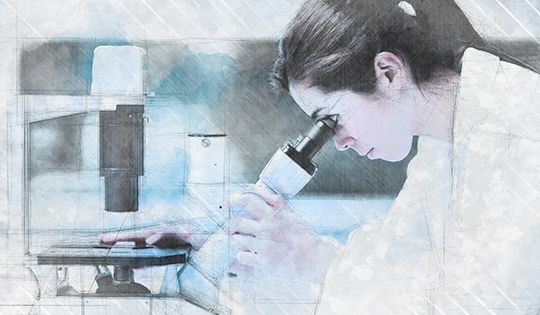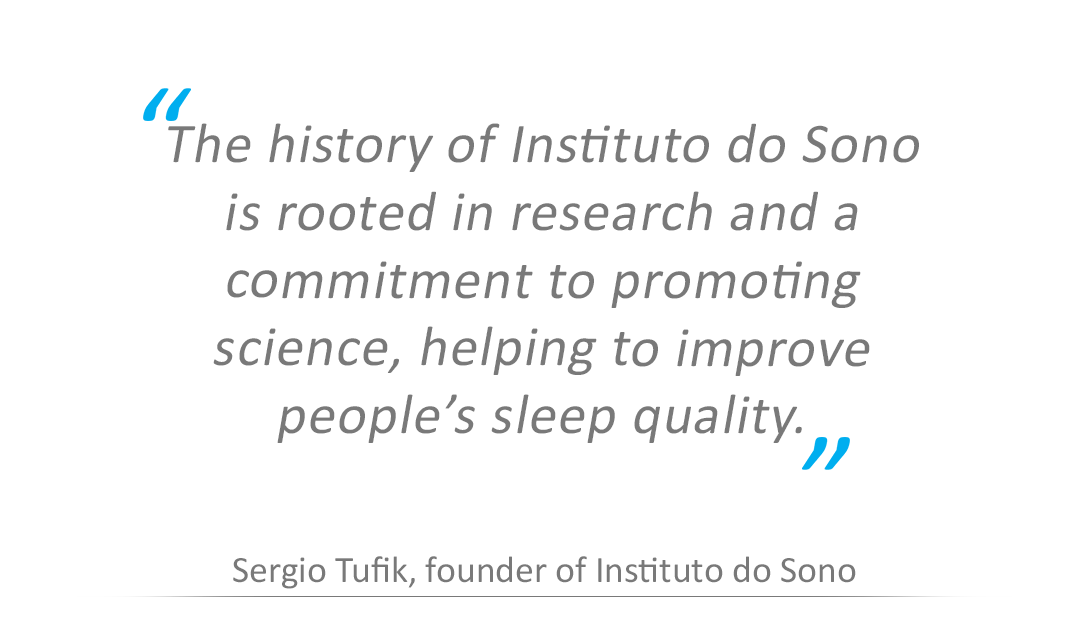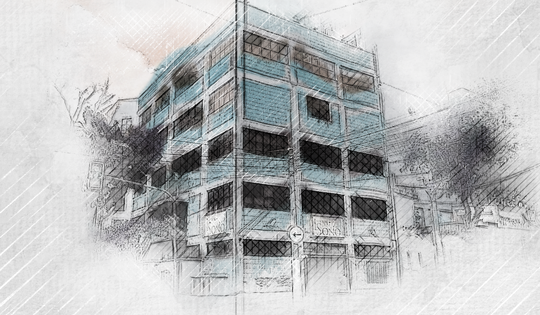Sleep: essential to life
Sleeping well, in both quantity and quality, respecting all phases, is key to the body’s proper functioning. A good night of sleep can help you recharge and improve concentration, memory, humor and learning. We spend one-third of our lives sleeping to perform homeostasis, which means to achieve balance in our body.
This is why sleep disorders significantly interfere with our quality of life. According to EPISONO, approximately 30% of people have obstructive sleep apnea, which is more frequent in men. 15% have insomnia, which is more common in women.
Other disorders that may affect sleep include bruxism, Restless Legs Syndrome, excessive daytime sleepiness, sleepwalking and narcolepsy. Sleep deprivation affects our immunity, digestive and endocrine systems, and is linked to heart problems and diabetes, for instance.

Pioneering
Despite being officially founded in 1992, Instituto do Sono was first created in the 1970s with the doctoral thesis of Professor Sergio Tufik, which was published one year before the first International Classification of Sleep Disorders. That is also when the professor founded the Research Incentive Fund Association (AFIP), to raise funds for scientific studies.


As time went by, Sleep Science gained momentum and made progress in Brazil. Instituto do Sono played a key role in this process, being responsible for groundbreaking findings, such as those from EPISONO. The world’s largest epidemiological study brought to the sleep lab a representative sample of the population of the city of São Paulo, transforming knowledge on sleep.
We are pioneers. We made history. And every day we continue to fulfill our mission of valuing Sleep Science and applying knowledge to benefit people.
Instalations
Marselhesa Unit
Four floors, with total area of approximately 3,000 m². The facilities have 64 beds in comfortable and cozy rooms planned for polysomnogram tests. This unit also is home to the Instituto do Sono’s Clinic, where a multidisciplinary team of excellence provides complete care in the field of sleep medicine.


Napoleão Unit
This is our first headquarters. It started with a few beds and currently has 13 rooms, all fully equipped for polysomnogram tests, as well as philanthropic and research clinics.
Units